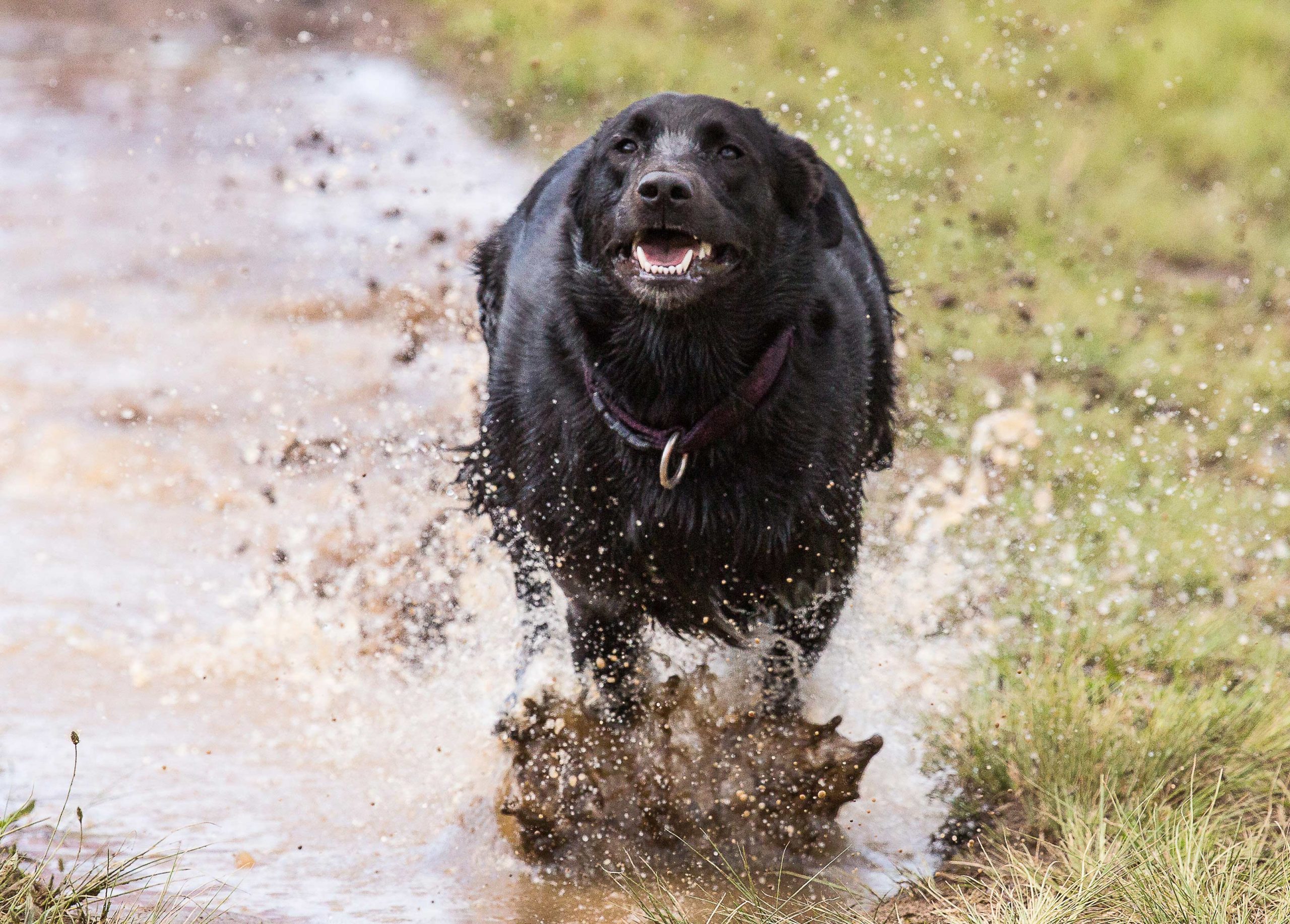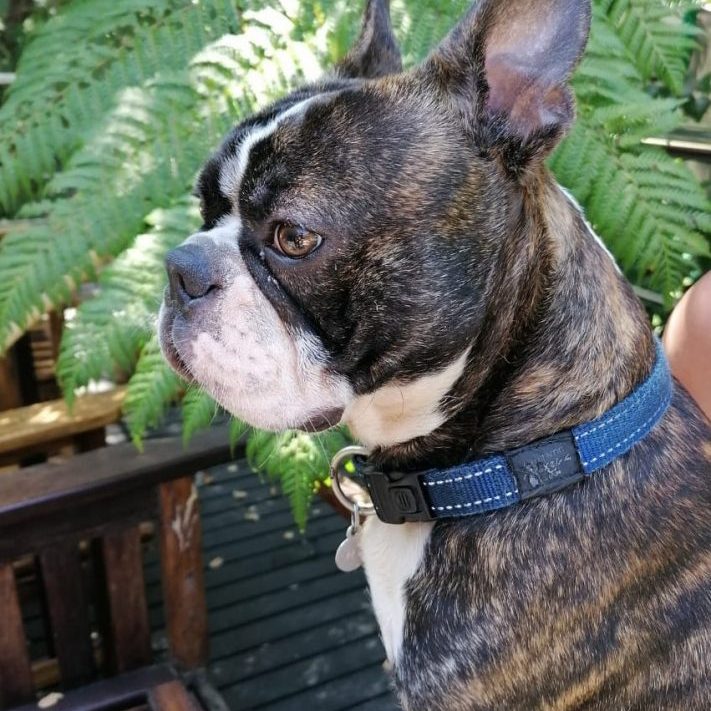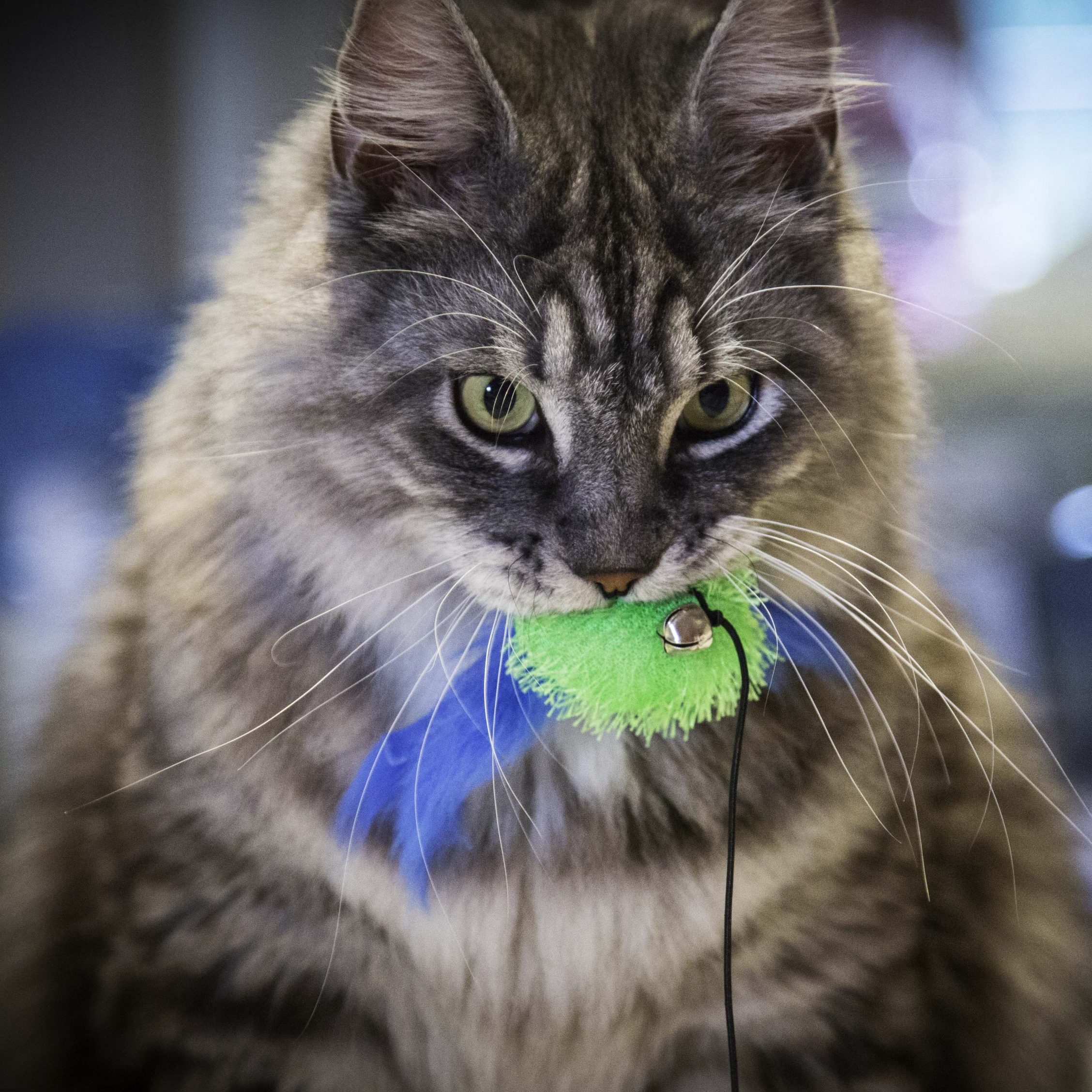Dental Care and Oral Hygiene for Pets
This is one of the most neglected aspects of pet care because it’s not easy. Does your pet have bad breath or suddenly jerk away from the food its eating? – if so, get the oral cavity checked – the teeth. Individual cats may develop gingivitis and periodontal disease; small dogs are particularly affected by tartar and periodontal disease. If dental work is required, to do it properly the dog or cat will have to have an anaesthetic and we’ll explain and talk you through this. We will then set up a post-dental oral hygiene program to try and limit further dental procedures.
Geriatric Patient Care – is your aging pet slowing down?
Arthritis catches us all as we age even dogs and cats and there are many options to follow to try and mitigate the effects of arthritis – there are many options, and we will try to tailor make the best options for you and your individual pet – it’s all about improving quality of life.
Parasite Control
In Southern Africa we have ticks. Babesiosis, carried by ticks, has variable effects, are often acute and may be lethal. Early detection and early treatments are obviously the primary goals. Main symptoms are lethargy (common symptom for many ailments) rapid respiration rate (breathing) and going off their food (anorexia – either complete or partial). We don’t see a lot of this in our area, but it is common in areas inland from us and where cattle have been (rural areas – no direct link here). If your dog has any of these symptoms its best to get them checked out especially if ticks have been seen. We now also have some amazing products for Tick and Flea control – please come in and chat to the receptionists about options in this regard. Fleas are also incredibly debilitating and may cause extreme allergies in our dogs and cats.
We need to implement prevention for worms. We give advice regularly on this and explain the dangers of the Spirocerca worm as well.
Puppy and Kitten Health Care Programs
These programs start at 6-8 weeks and monthly visits at 12- 14 weeks and again at 16 weeks are essential for preventative health care. Please refer to our blog on vaccinations for more details. Socialization classes also form an integral part of health care for the little ones and we discuss this at puppy and kitten vaccination time.
Oestrus, Pregnancy and Birth
Cats
Cats are seasonally polyoestrous – this means that come autumn and spring the female cats come into and out of season until they are mated. Male cats that are left intact (not castrated) do not make good pets – breeders keep their males in breeding runs because of this. Both Toms and Queens need to be sterilized (neutered and spayed) before 6 months of age. If you don’t you may be directly contributing to the feral cat population and placing your cat at risk of being harmed through cat fights and exposure to disease.
Cats first season occurs at about 7 months old (nature is variable). Cats in season become restless, meow to get out and often roll and then start calling out to attract the Tom Cat. This is often mistakenly interpreted as discomfort and owners may think their cat has been injured. The period between mating and birth is about 63 days. The average litter size is 3 to 5, and kittens weigh 90 to 140 grams. Prior to giving birth the mom Cat will become restless and make a “nest”. Except for brachiocephalic breeds (squashed faces) cats rarely have problems giving birth. Cats are usually sterilized between 5 to 7 months of age.
Dogs
Dogs can come on heat from 7 months of age for the first time, can be later especially in large breed dogs. The heat lasts for about 21 days and will occur at roughly 6-month intervals. Signs of heat are a swollen vulva and initially a bloody vaginal discharge for about 10 days. Some bitches will go off their food and shed hair coat. At this time, they will be attractive to male dogs. The optimal mating date is between 10 – 14 days from the start of bleeding once the bleeding has stopped. This is also usually the time when the bitch will go looking for a suitor. The gestation period is approximately 63 days from mating date.
If you do choose to breed your dog (remember the option of getting dogs from a shelter – there are too many of these poor lost souls looking for homes) we advise you pay us a visit to go over all the different aspects that you will need to know before the litter comes. We will also advise when and how often to deworm and make sure the bitches vaccination status is current. Dogs are sterilized usually between 5 to 7 months of age this is considered the optimal time for the operation.


